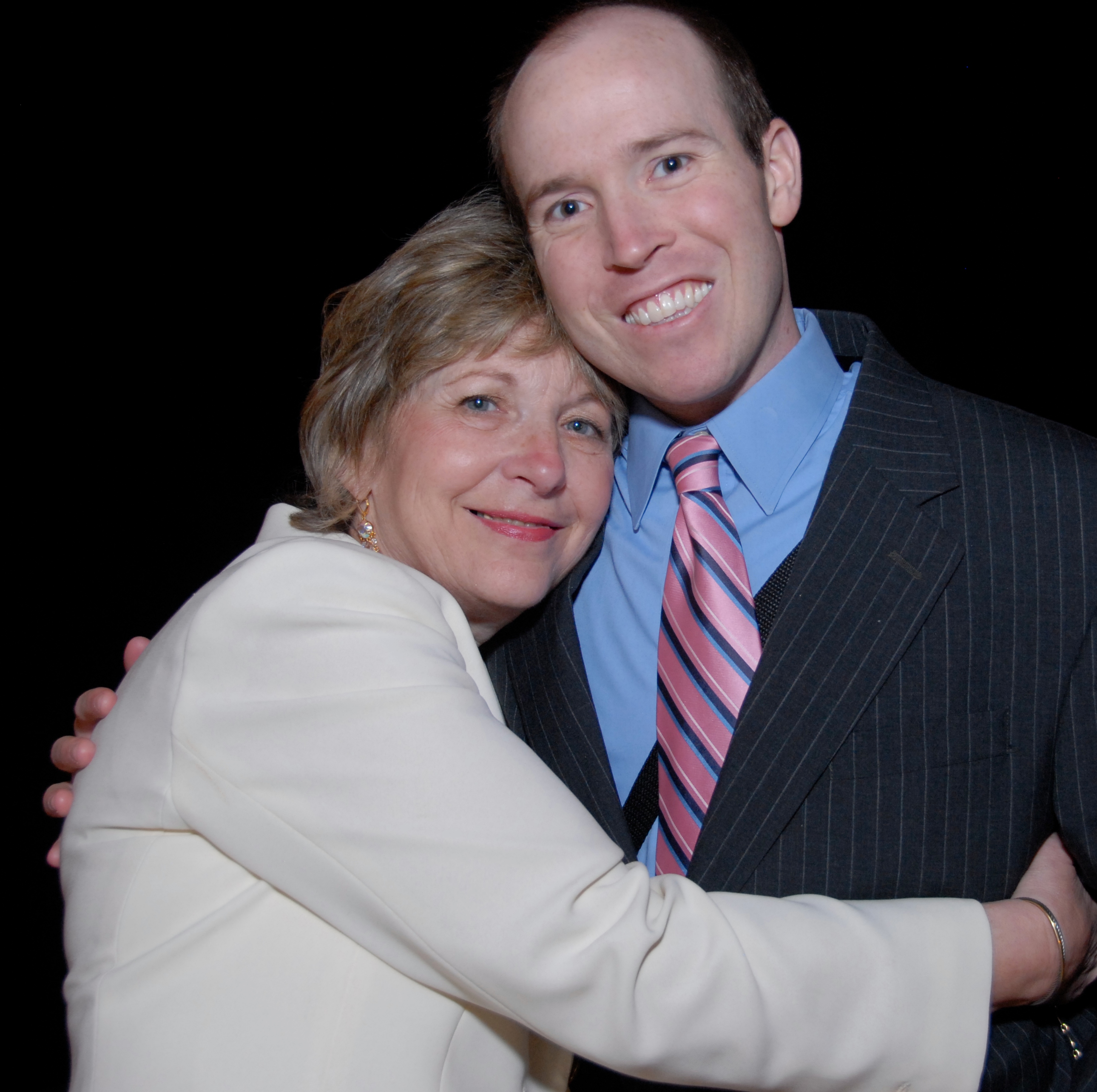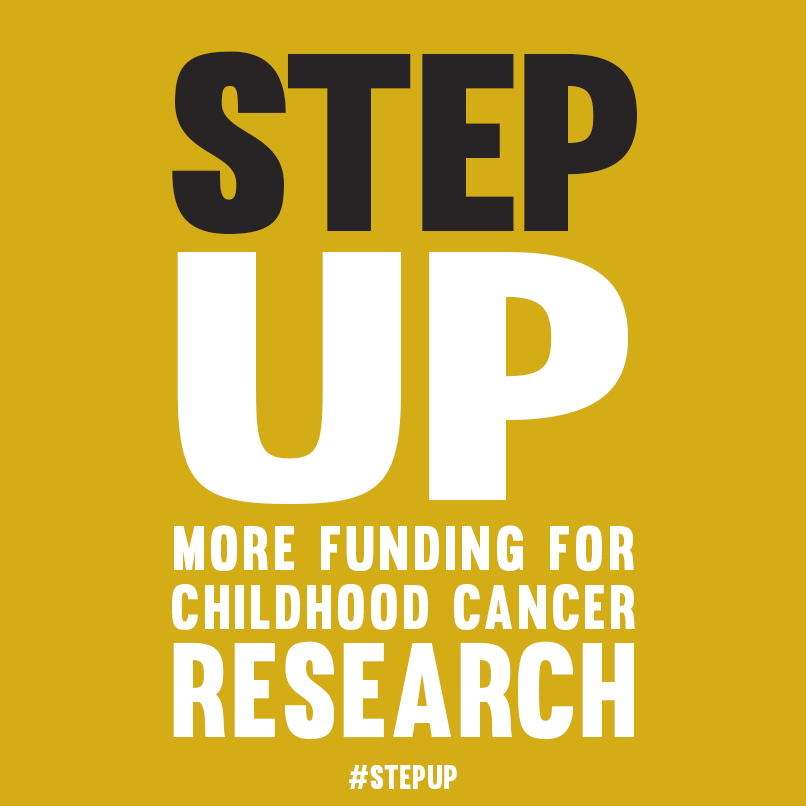WCOE: Moving Towards Quality Cancer Care and Remembering an Advocate
| What Caught Our Eye (WCOE) Each week, we take a closer look at the cancer policy articles, studies, and stories that caught our attention. |

Dan Waeger and Ellen Stovall
This week NCCS CEO Shelley Fuld Nasso and Senior Health Policy Advisor Ellen Stovall presented in separate sessions at the Seventh Biennial Cancer Survivorship Research Conference. Shelley discussed the ways NCCS is working to foster the adoption of cancer care planning, including tools to prepare patients for the conversation, delivery and payment reforms to encourage care planning, and guidelines and tools for providers. She talked specifically about the Planning Actively for Cancer Treatment (PACT) Act (H.R. 2477), as well as NCCS’ Principles for Patient-Centered Payment Reform, which include promoting evidence-based care, communicating patient cost-sharing responsibilities as part of the care planning process, and including protections to ensure that patients do not suffer from underutilization or overutilization of care. Ellen Stovall talked about her experiences and changing roles in becoming a self-advocate and survivor. She noted, “When someone in the family has cancer, the whole family has cancer” and encouraged individuals to call Members of Congress to urge them to fund cancer survivorship programs.
An article in the Oncology Nurse Advisor summarizes a recent presentation at the National Coalition of Oncology Nurse Navigators Conference by oncology consultant and NCCS Cancer Policy Advisor Pamela Haylock. When cancer survivors were asked what would have helped them, the answer was, “Someone who could guide us on the path,” said Dr. Haylock. Survivorship care planning has been a key priority of NCCS for many years. In 2010 NCCS became one of three patient-centered organizations invited to a membership in the Commission on Cancer of the American College of Surgeons, resulting in the first ever patient-centered CoC Accreditation Standards requirements. Citing compelling statistics about the growing population of cancer survivors in the US, the article notes that survivorship care is now mandated by several professional organizations. Dr. Haylock clarifies that “nurse navigator” is a role, rather than an individual, and champions the care provided by someone who can help to guide survivors on their journey. In addition to being a proponent of survivorship care and navigation, Dr. Haylock helped to develop the award-winning Cancer Survival Toolbox.
As we move towards our goal of achieving quality cancer care, we take time to remember a member of the NCCS family. This week marks the birthday of a cancer advocate and survivor who joined the NCCS team in 2006, approximately a year after his initial diagnosis of cancer. Dan Waeger was an unforgettable and positive force who was passionate about making a difference for others living with cancer, while facing the challenges of his own personal diagnosis. Dan — a non-smoker with no history of cancer in his family — was diagnosed with stage IV non-small cell lung cancer at the age of 22. His survivorship spanned nearly 4 years. He epitomized the spirit of NCCS and of cancer survivorship and his “Waeger Will Win” attitude remains with us today. Happy birthday, Dan. We miss you.




